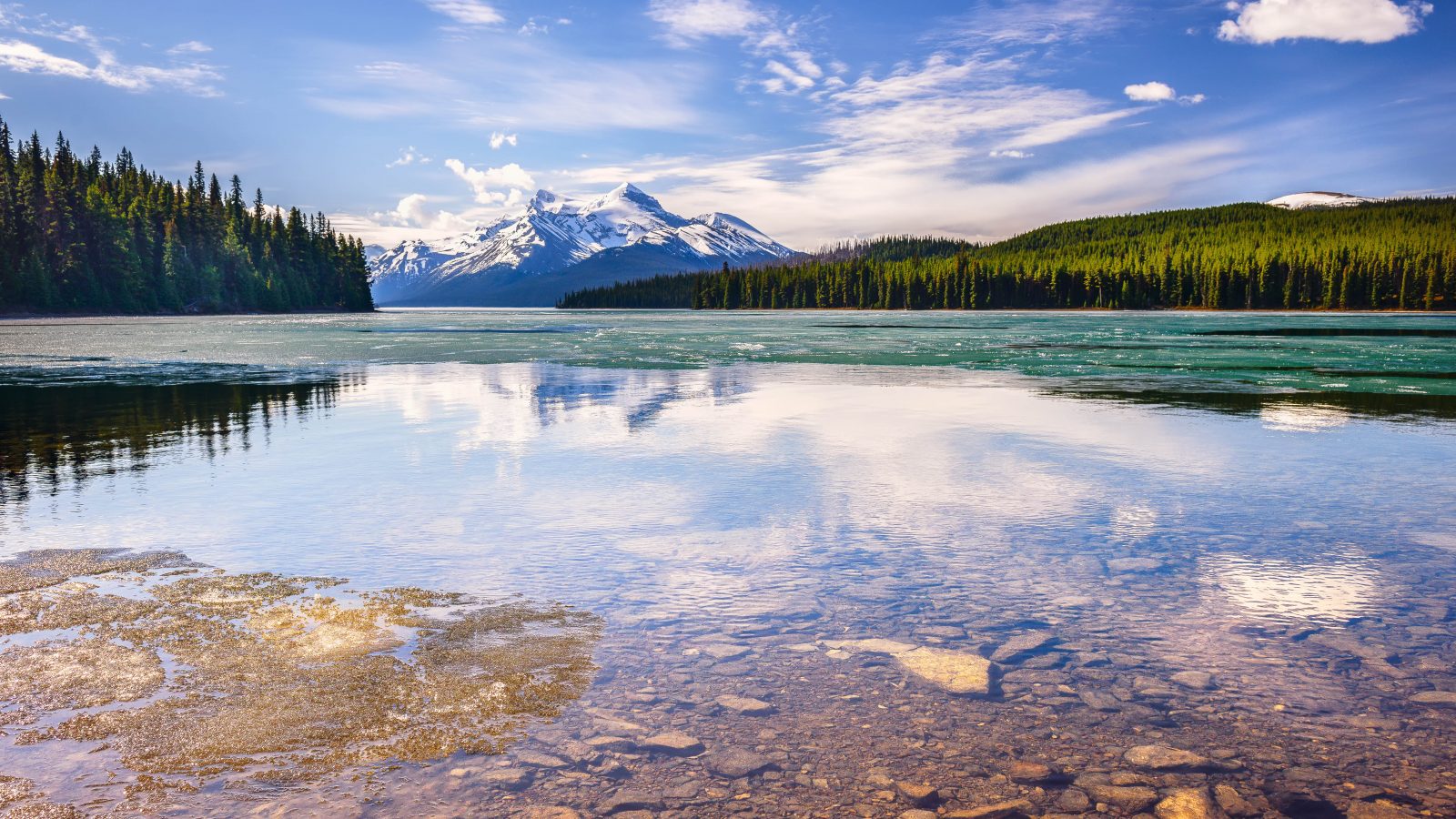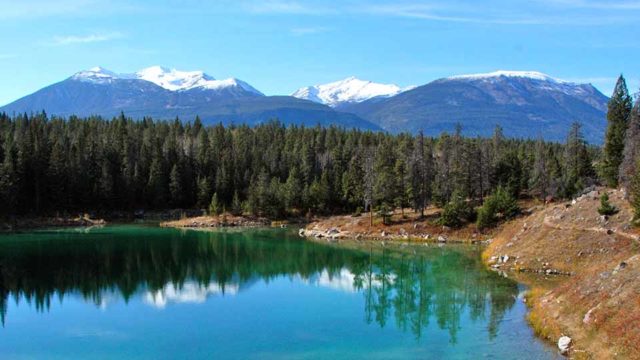How our efforts set an important legal precedent for national parks protection
Last year, more than 13 million people flocked to Canada’s beloved national parks to take in their extensive beauty, rugged landscapes, and rich biodiversity.
We entrust Parks Canada — whose first priority is to preserve national parks’ ecological integrity — to ensure these ecological wonders get the protection they deserve. But as the experience of recent years has shown, this is sometimes easier said than done. In 2012, tens of millions of dollars were cut from Parks Canada’s budget. This funding vacuum left Canada’s national parks vulnerable to increasing pressure from commercial operators seeking to fill the void with development in Canada’s most protected areas. Case and point: Jasper National Park’s Glacier Skywalk.
As most Canadians know, our national parks system is crucial to protecting Canada’s unique biodiversity and natural legacy. It is also a fundamental part of our national identity and cultural heritage. Efforts to preserve the ecological integrity of Canada’s national parks for future generations should be backed by the full weight of the law. That’s why when Maligne Tours received government approval for a concept proposal to build overnight commercial accommodations — a plan that directly contravenes the Jasper National Park Management Plan — enough was enough. Ecojustice and our clients sprang into action.
We went to court on behalf of the Canadian Parks and Wilderness Society and Jasper Environmental Association to argue that Parks Canada’s concept approval set a dangerous precedent that could open the floodgates to further dangerous development and the commercialization of Canada’s national parks.
In February, the Federal Court handed down its decision. Although the Court did not outright quash the Maligne Lake tent cabin proposal, the case set an important precedent: Projects that are inconsistent with a park management plan cannot be approved by Parks Canada. In our view, this is a big win. The court has essentially put Parks Canada on notice and signalled that future final project approvals that contravene existing management plans can be struck down.
We’re not the only ones who have called Parks Canada out for standing by and allowing the commercialization of our national parks. En masse, Canadians are taking a stand against Parks Canada for repeatedly permitting increased commercial encroachment of park space. Opponents range from former Parks Canada managers to local community groups.
This groundswell of opposition is starting to translate into positive change. We need to look no further than the recent cancellation of the privately-funded Mother Canada statue that was set to be built in Cape Breton Highlands National Park and the new federal government’s pledge to “to protect our national parks by limiting development within them” — Prime Minister Justin Trudeau has called on Minister of Environment and Climate Change Catherine McKenna to ensure Parks Canada sticks to its core mandate of protecting the ecological integrity of our national parks.
While there is still a ways to go to protect our national parks, we remain hopeful that our contribution in the courtroom combined with the recent positive changes will strengthen the fight against further commercial encroachment in our parks.



